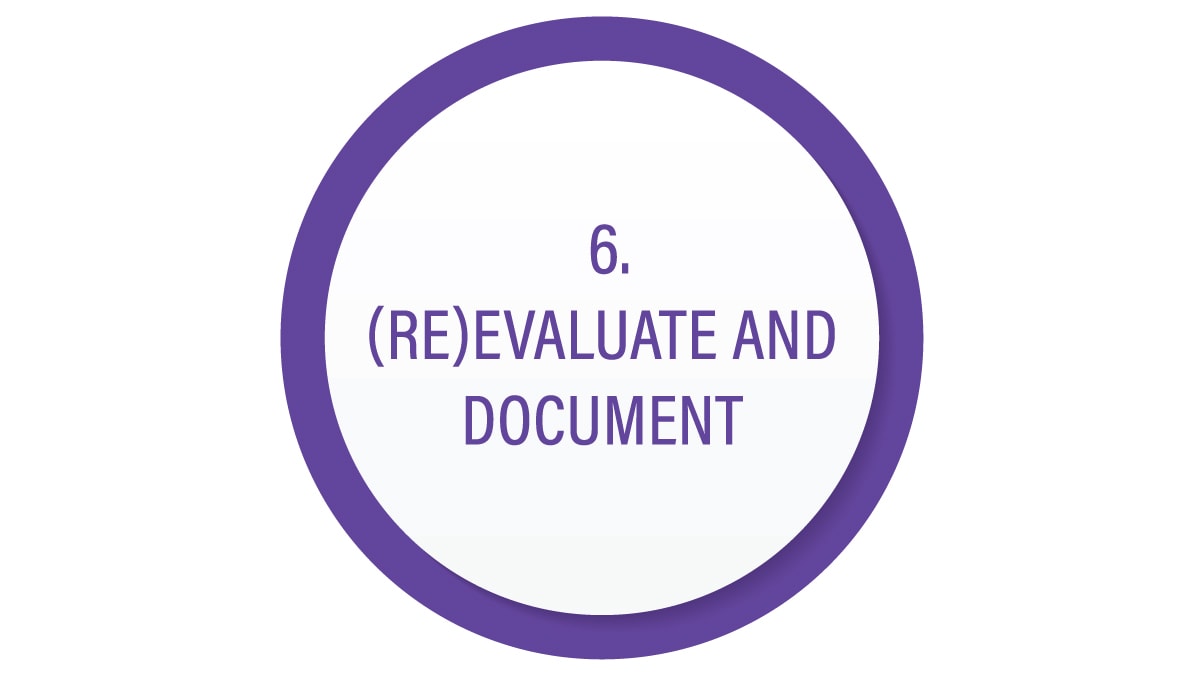At a glance
Maintaining records will allow you to monitor the progress of your efforts to reduce noise. It will also help you meet NIOSH criteria for an excellent hearing loss prevention program.

Keep good records
NIOSH recommends maintaining records for the duration of employment plus 30 years. Keeping records for the following will give you data to use when evaluating your hearing loss prevention program.
- Equipment calibration
- Audiometry
- Noise measurements
- Training
- Personal protective equipment (PPE)
- Noise control projects
Did you know?
(Re)Evaluate and document
Our goal is to help you protect workers from the harmful effects of noise. You may be wondering if your workers are adequately protected. Are changes to your prevention efforts effective? How much are they costing you? NIOSH recommends collecting data to answer these questions to get an overall sense of the effectiveness of your prevention efforts and determine what next steps are needed.
Employers and safety professionals should evaluate their prevention efforts and hearing loss prevention programs both regularly and when significant changes to noise control solutions occur. This includes when new equipment is installed or when you incorporate engineering or administrative controls. The items below are all direct or indirect indicators of how effective and efficient your controls or other prevention methods are:
Noise exposure levels
- Noise levels of specific noisy equipment
- Area noise levels
- Changes in noise levels after the implementation of controls methods
Audiometry
- Numbers of workers receiving baseline, and annual audiograms
- Confirmed, recordable significant threshold shifts
- Connections between threshold shifts and workplace noise levels and worker Personal Attenuation Ratings (PARs)
Hearing protectors and fit testing
- Rate of worker compliance with hearing protector use
- PARs or noise reduction, success rate in fit testing
- Cost, variety, and adequacy of hearing protectors
Training and worker participation
- Documentation of worker training including hearing protector basics
- Documentation of worker participation in efforts to create a quieter workplace
- Worker notification of results of noise monitoring
Hearing loss prevention program costs
- Hearing protection devices
- Workers' compensation cases
- Audiometric testing
- Training and other program management costs
- Noise evaluation costs
- Noise control costs
The hearing loss prevention program assessment toolbox
A NIOSH-funded study of hearing loss prevention program effectiveness resulted in two comprehensive program-evaluation tools for use by managers- a checklist and a calculator. You can find more information and links to both tools here.
